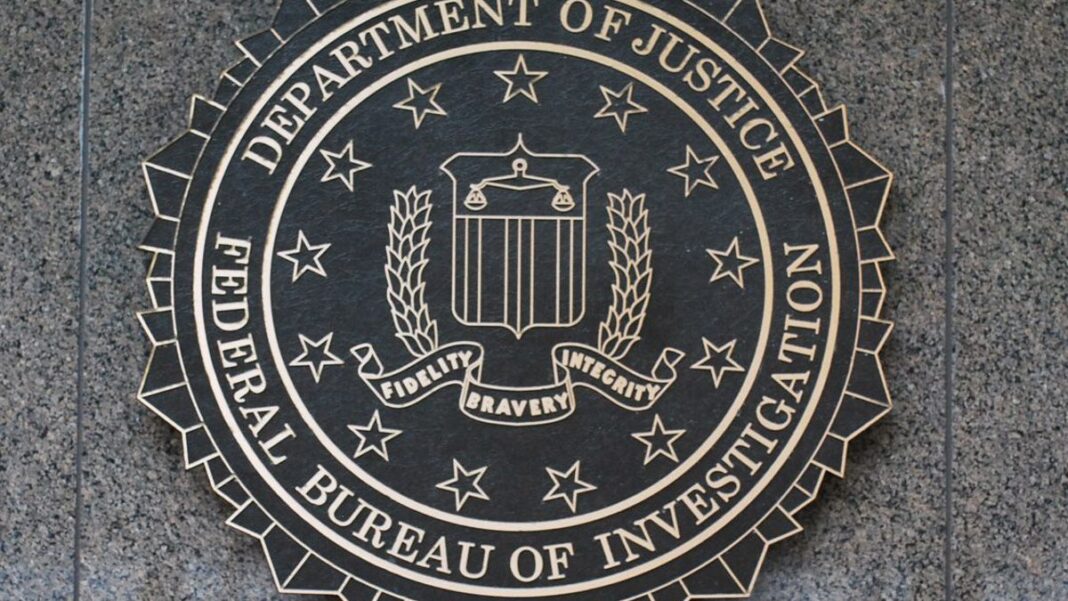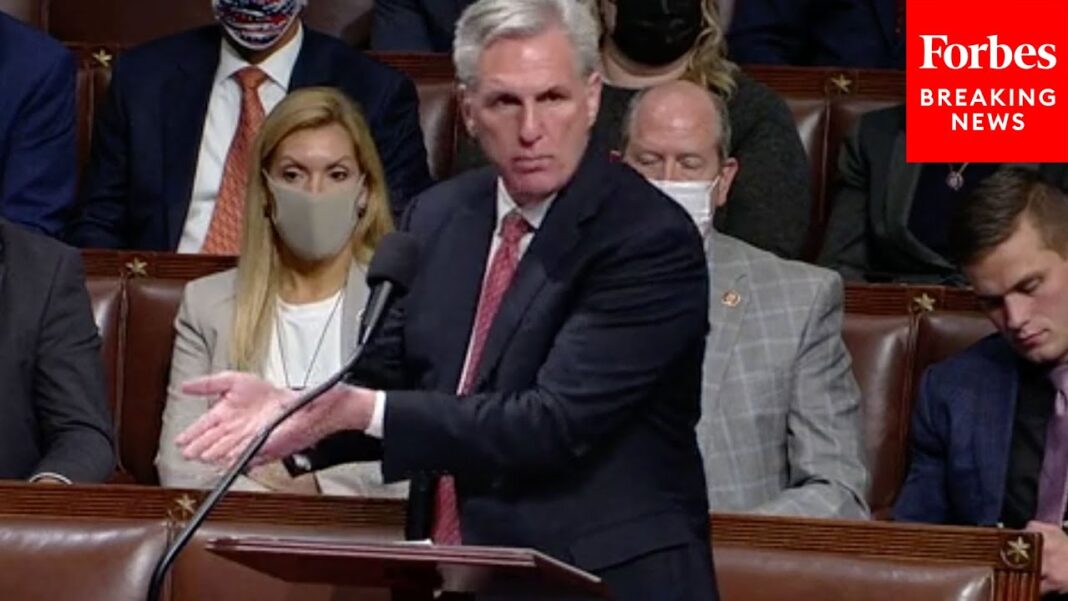The State Department’s counterterrorism bureau has started an intelligence-sharing initiative with the governments of other countries to combat domestic terrorism—a system likened to the department’s international coordination against groups such as Hezbollah.
Chris Landberg, the State Department’s acting principal deputy coordinator for its Bureau of Counterterrorism, told lawmakers about the program at a Nov. 17 House Foreign Affairs Committee hearing. The new initiative follows recent revelations that the FBI has allegedly used counterterrorism tools to track threats by parents and other individuals against school board members—sparking criticism among conservatives that the Biden administration is using national security tools to chill dissent.
Landberg said his department, the FBI, and the Department of Homeland Security (DHS) will hold a forum with their international counterparts to “share information about trends and then coordinate our activities” to combat what the administration has termed “racially or ethnically motivated violent extremists.”
“We’ve started something we modeled on a successful program in countering Hezbollah … where we bring together law enforcement partners—especially in countries like some of our European partners—to focus on trends and sharing information,” he said.
The State Department has coordinated similar programs against international terrorist groups. In September, the United States and Qatar worked together to sanction a Hezbollah financial network based in the Persian Gulf.
But according to the FBI and DHS, most right-wing domestic terrorism is conducted by “lone wolves” with no transnational ties, making it unclear what information would be shared under the State Department’s program or what international actions would be taken.
Landberg made references to sanctions and watchlisting of domestic terrorist groups in his opening statement, but he didn’t provide more details about the program. He said he would brief the committee on all of his department’s counterterrorism activities at a closed-door hearing in December.
The State Department didn’t respond to a request for comment by press time.
Landberg did say that his division has seen “growing transnational linkages” among racially motivated extremists.
“There’s communication, which is hard to track. There are efforts to train and share information between these groups. So, this growing transnational connectivity is what we’re most focused on,” he said.
By Ken Silva









